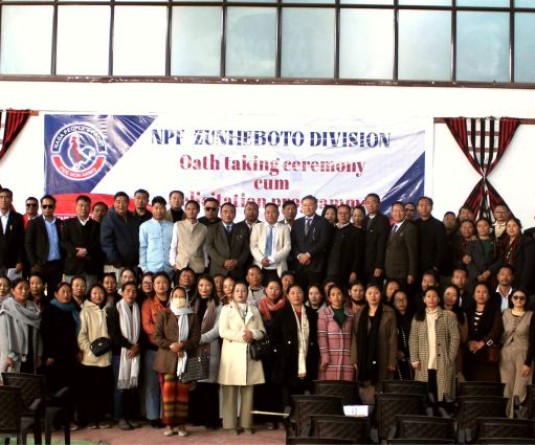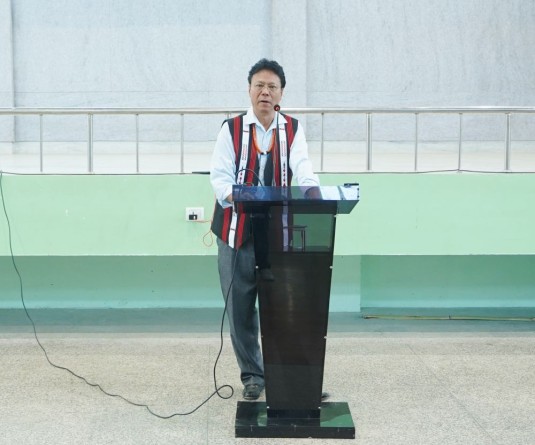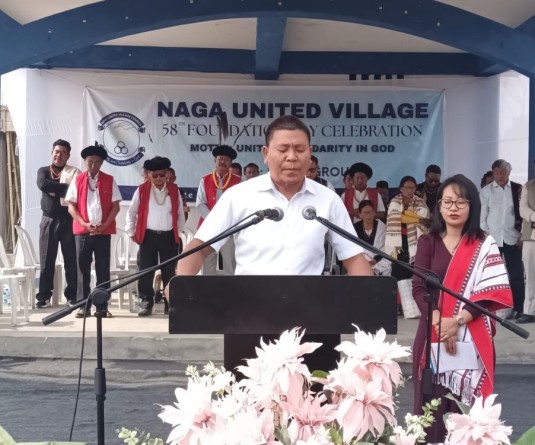
Morung Express News
Dimapur | January 24
The current imbroglio surrounding the Nagaland Municipal (NM) Act 2001 and the reservation of seats for women in the Urban Local Bodies has given rise to two clearly audible counter narratives. On one hand, the tribe organisations doggedly resisting the NM Act and its perceived implications on Naga customs and traditions; on the other, a seemingly determined Nagaland state government dispelling the apprehension as misconstrued citing the law will not violate the provisions of Article 371A.
In the midst of the din, a third narrative, arguably, has emerged questioning the very foundation of the NM Act, and which at the same time, allays the perceived fear of the tribe organisations. This narrative comes from the legal fraternity of Nagaland state.
As per the interpretation of senior advocate and president of the Nagaland Bar Association (NBA), Tali Ao, the Government of Nagaland “erroneously” interpreted Part 9A of the Constitution of India while framing the Nagaland Municipal Act. Part 9A of the Constitution relates to establishment of Municipalities.
“The Nagaland Municipal Act was purported to have been enacted in consonance with Part 9A of the Constitution,” which spells out the procedure and grounds for establishment of Municipalities, said Tali in an interaction with a section of the media today in Dimapur. His NBA colleagues were also part of the discussions.
The Nagaland state government’s flaw, according to him, pertains to the contents or provisions of Part 9A, which provides for establishment of civic bodies in areas, where the demographic composition is deemed cosmopolitan in nature.
Going by this interpretation, he argues that Nagaland is outside the scope of Part 9A and cannot be applied to Nagaland state, since it is pre-dominantly tribal or dominated by STs.
Defending this interpretation, he cited Article 243ZC of Part 9A. “Article 243 ZC states that no part of Part 9A shall be applicable to the Scheduled Areas and tribal areas.”
While not undermining the issue of reservation of seats for women, he said that on the same grounds, the invoking of Article 243T of Part 9A is invalidated.
Maintaining that the NM Act was enacted based on erroneous interpretation; he said that the state government should consider repealing the Act and substitute it with a law applicable to the socio-economic and social fabric of the state.
On the charge that the NM Act will infringe on the provisions of Art 371A, he said that there is no question of a civic law clashing with Article 371A.
“Article 371A is absolutely outside the scope of civic law because it (the former) speaks only about customs and traditions.”
And even if an amended version of the NM Act do gets implemented, it will not violate Article 371 A, he added while stating, “It is purely a civic law which has to adapt to the needs of the society.”






